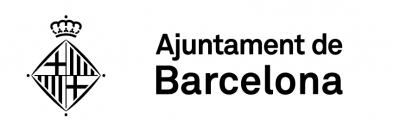In 2023, the Innovation Department continued its efforts to translate knowledge into equitable solutions for global public health needs.
Training
Together with the CaixaResearch Institute (CRI), we designed an innovation awareness and training programme for the four centres affiliated to the CRI. We prepared 12 innovation training capsules, which will be available to all our staff.
Growing
In 2023, we identified nine new projects with an innovation component (including a new drug combination for helminthiasis, new biomarkers of severe malaria, a digital platform for endometriosis management), bringing the total number of active innovation projects to 30. We registered a software to identify genetic predisposition to injuries and filed two new patent applications (one for cancer detection and one for a repurposed drug with antibiotic activity). Our total patent portfolio consists of 63 applications, of which 32 are active (15 have been granted, and 17 are under examination).
Moving towards impact
We signed agreements to out-license two products that can have a significant impact on health: a method for improving the delivery of hydrophilic drugs for malaria, HIV and other diseases, and electrical barriers to repel disease-transmitting mosquitoes. We are exploring the creation of two spin-offs (one for new antimicrobial compounds and one for the diagnosis of fever severity in children) and have established a number of partnerships with industry and other institutions to advance several diagnostic and therapeutic tools through the pipeline.
Involving patients and citizens
Engaging citizens and patients is key to ensuring that our research is useful and used. We secured funding for a project on endometriosis (EndoHealth), renewed the CaixaResearch LivingLab, and are partners in a European project to improve the quality of life of childhood cancer survivors (e-QuoL). With the Hospital Clinic and the University of Barcelona, we established the UNESCO Catalan Hub of Knowledge 4 Change, which aims to improve local research capacities for the co-creation of knowledge.










